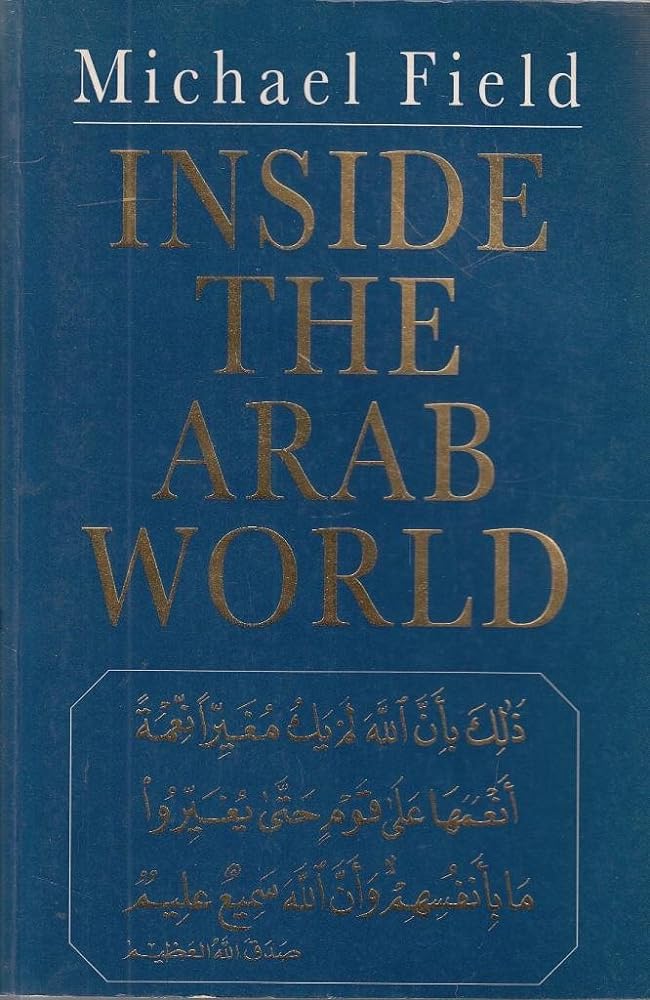Inside the Arab World
Inside the Arab World
Field Michael
Book condition: Used - Very good
Publisher: John Murray(publishers) Ltd
Year of publication: 1994
Couldn't load pickup availability
This is a study of the Arab world which takes account of developments since the Gulf War and of the new realism that has led to peace moves between Israel and the PLO. The Arab world has for the last 50 years been a byword for war, political instability and terrorism. It has also failed economically. Even though some Arab countries have received huge sums in oil revenues, no country in the region has developed a successful wealth-producing economy, and several - Egypt, Jordan, Morocco and others also - have recently been on the edge of bankruptcy. Michael Field gives an assessment of the Arab world as it is today, covering not only the Middle East but also North Africa. He discusses the reasons for political and economic failure, the fragmentation of society, the difficulty Arab countries find in working together, people's tolerance of bad government, and the deadening economic effect of Arab socialism. But he goes on to explain how the region is now changing. There is a demand from the intelligentsia and from the mass of the people, influenced partly by access to satellite TV, for good, "legitimate" government. The IMF and other creditors have imposed financial reform and sound economic structures on the countries in trouble. The pain this has caused has increased pressure for political reform and produced the first cautious steps towards democracy. Yet wherever this has happened, the new opportunities have been most firmly grasped by Islamic fundamentalists. The Arab world is important to the West, as a source of oil, a market, an area where increasingly we invest in manufacturing, and a region in whose conflicts we can become involved. Michael Field suggests how our policies - political and commercial - should change as the Arab world changes.


